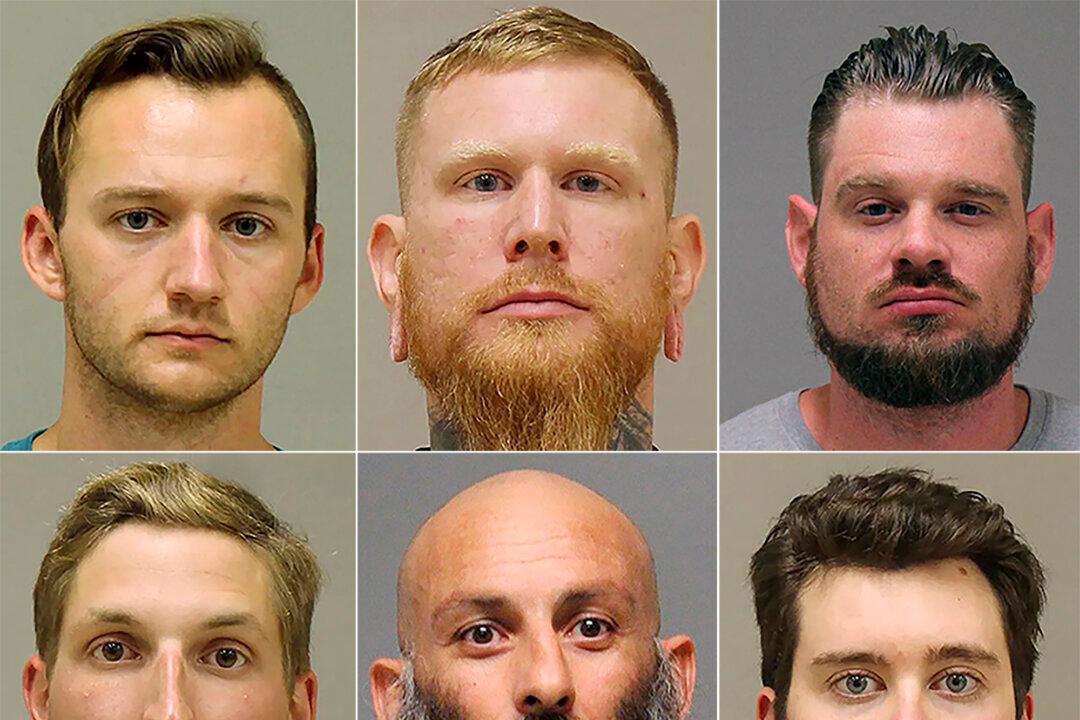Federal prosecutors in the Michigan Gov. Gretchen Whitmer kidnapping case have asked a judge to keep the names of two undercover FBI agents undisclosed and accused a defendant’s friend of offering a “cash bounty” for information about at least one of the agents.
The U.S. government articulated its position on the issue on Feb. 24, in response to a Feb. 22 brief from defendant Barry Croft stating that the federal agents shouldn’t be allowed to testify under false names.




